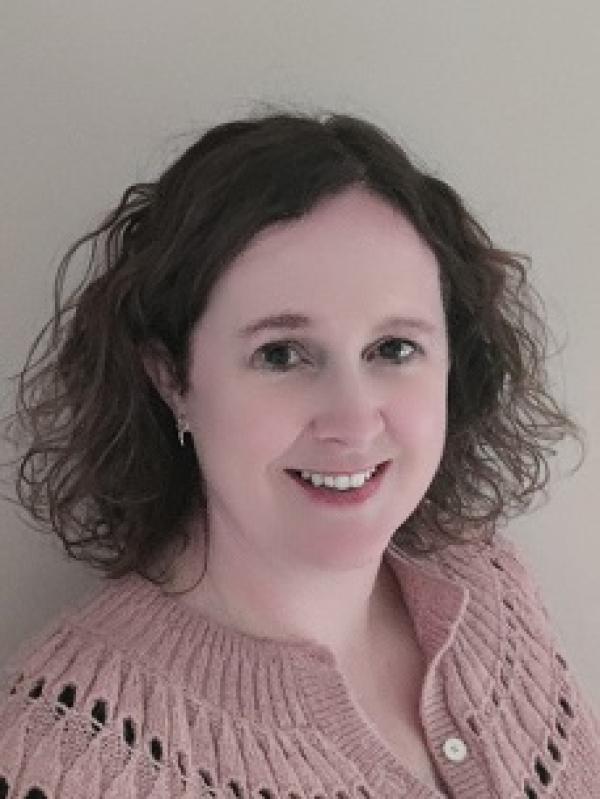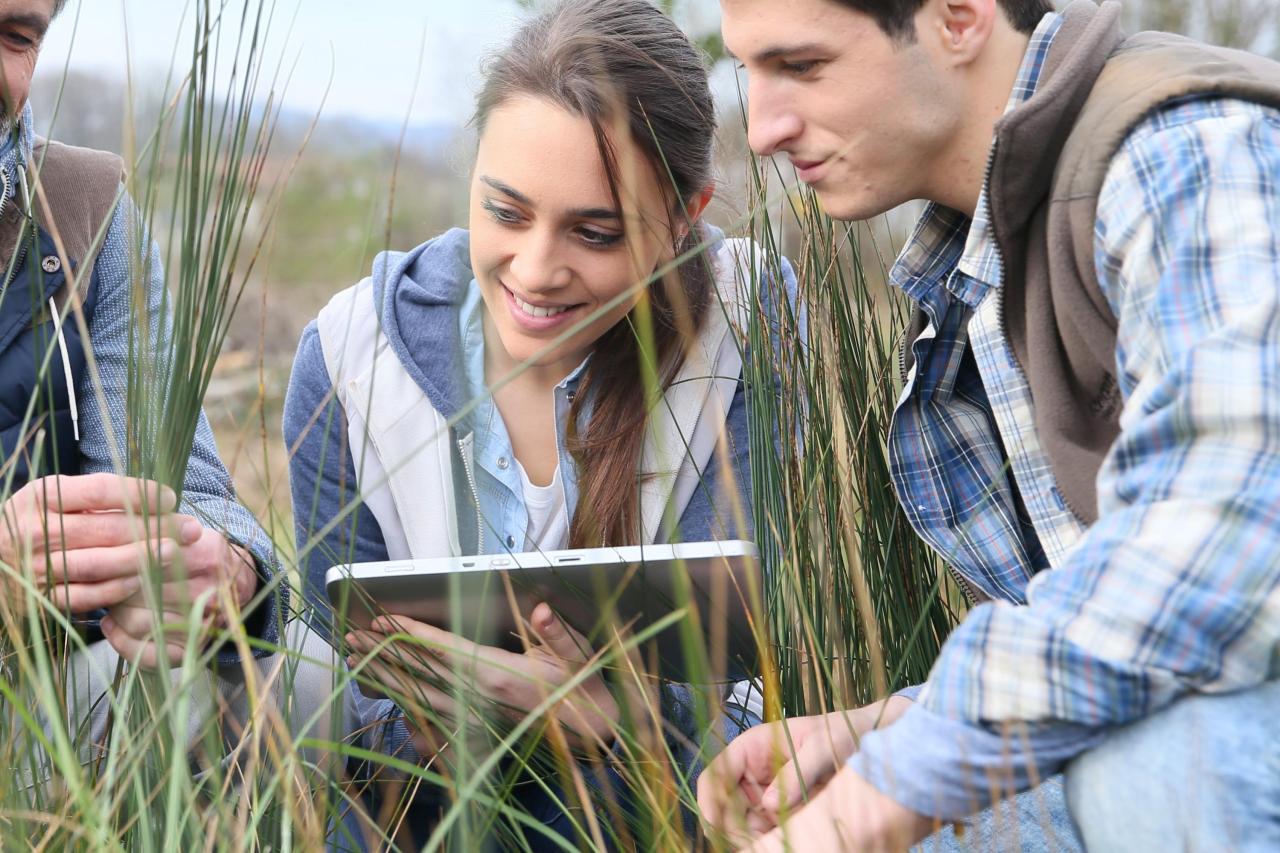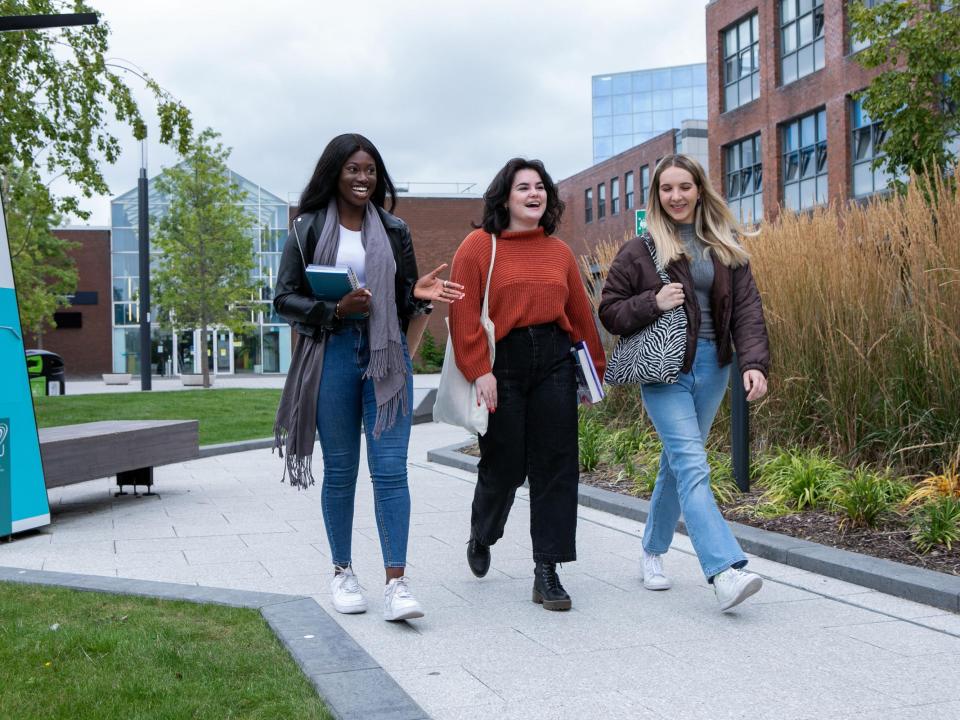Overview
If you are deeply concerned about climate change and our environment, and fascinated by how we affect the landscape and how the landscape affects us, this specialist environmental geography programme could be perfect for you.
Applied geography course
The BA in Climate and Environmental Sustainability is an applied geography programme that is not just about understanding climate change and its consequences, but also about understanding how the environment itself offers solutions. If you have a keen interest in issues relating to the environment such as improving water quality and managing biodiversity, this degree is ideal for you.
Innovative course topics and fieldwork
You can expect to study topics related to climate change and environmental sustainability across multiple disciplines. Plus you will have the chance to get up close and personal to the issues you’re learning about by visiting case study sites where environmental change is occurring and examining the main challenges facing Ireland. Some of the issues you can expect to engage with relate to improving water quality, managing biodiversity, and dealing with climate change from both physical and human geography perspectives.
Skills attractive to employers
Through this course we will help you understand the importance of collecting good data and help you develop strong analytical skills. Together with other essential skills in research, teamwork and problem-solving - this course will prepare you for work in climate and environment-related fields.
Three or four year degree
You can complete the BA in Climate and Environmental Sustainability degree in three years, or choose to take an extra year either to study abroad or complete an INTRA placement.
Why DCU
DCU People

Hi, I’m Valerie McCarthy and I’m Chair of the Bachelor in Climate and Environmental Sustainability (BCES).
Read more about Dr Valerie McCarthy
Careers & Further Options
Careers
You won't end up being either a natural or a social scientist, but will have the skillsets of both, and understand how both can work together. The ability to bridge two worlds is a must- have for anyone seeking to have a real impact in addressing climate and environmental challenges.
Furthermore, with data literacy built in throughout the programme, you will find that your skills are much sought after now and in the future.
Graduates of this programme may end up working with organisations specifically focused on climate change and the environment, but could also work in organisations across the private and public sector in roles outlined below.
- Academia
- Environmental consultancy
- Community development
- Diplomatic services
- Environmental conservation
- Non-governmental organisations (NGO’s)
- Industry
- Public sector
DCU graduates are highly sought after by employers. Our Graduates work in environments ranging from large multinationals to SMEs, family businesses and start-ups across every sector.
DCU Careers Service has a number of learning and development initiatives in place for our students, giving them the skills they need for a successful career path.
Entry Requirements
There are no additional entry requirements for this programme apart from the general entry requirements for admission to the university.
There are no additional entry requirements for this programme apart from the general entry requirements for admission to the university.
Please visit our Admissions webpage for details on course requirements or how to apply to DCU.
Please visit our QQI FET webpage for details on DCU courses, open days, campus tours or school visits.
To apply to DCU, please visit www.cao.ie.
Mature entry is a competitive process. Applicants must demonstrate:
- a genuine interest in the programme(s) they are applying for
- academic experience and competency in their chosen field of study
- an ability to engage and succeed on the programme
All applicants must complete a statement of interest to be considered for the mature application route.
For further guidance on the mature application process please see the CAO Website
No entry path
International candidates are expected to have educational qualifications of a standard equivalent to those outlined above. In addition, where such candidates are non-native speakers of the English language they must satisfy the university of their competency in the English language. For further information on international applications click here.
Course Structure
The BA in Climate and Environmental Sustainability is unique because it provides a balanced approach to both natural and social science modules related to geography, climate and environmental sustainability. Classes on this course will be smaller than is typical with a class size of 20 students.
During the course:
- You will frequently work in teams on engaging challenges based on real data and reflecting issues based on those encountered by industry, the public sector and non-governmental organisations.
- You will frequently meet and hear from industry partners.
- You will study innovative modules such as climate change, biogeography, sustainable food security, environmental ethics, environmental economics, environmental data analysis, and natural ecosystem solutions.
- You will engage in a residential field module as an integral part of this course, which provides an opportunity to collect environmental data and engage with environmental and climate issues at a local scale.
Learning a foreign language
Language courses are available to you if you wish to learn a language at a more relaxed pace alongside your degree. This is not part of your degree, but if you choose this option, you will obtain extra credit and certification for this. We offer courses in seven languages - Spanish, French, German, Arabic, Russian, Chinese and Japanese. These can be taken from beginners (apart from French and German) to advanced level.
Study abroad
Studying abroad provides a wonderful opportunity to experience the culture of another country and greatly enhances your language skills. You will have an option to study abroad for a year at one of our partner universities in Year 3 and complete the final year of your degree in Year 4 in DCU. (The option to study abroad is offered on merit once you fulfil the criteria.)
INTRA placement
You will have an option to apply for a year-long paid work placement as part of DCU’s INTRA internship programme in Year 3 and complete the final year of your degree in Year 4. INTRA provides you with a chance to work in a real world environment giving you a unique opportunity to enhance your CV, increase your employability and experience the relevance of your study. For more information on the INTRA programme at DCU, please visit www.dcu.ie/intra (Note: This option is competitive and subject to the availability of placements.)
Indicative Content
While content of the course may change over time, these modules are indicative of what you will be studying in each year.
- Geographical Interpretation and Communication Skills
- Introduction to Environmental Spatial Analysis
- Introduction to Sustainability
- Introduction to Human Geography
- Hazardous Earth
- Data Literacy and Analytics for the 21st Century
- Ireland in Europe and the Wider World
- Global Climates
- Sustainable Cities
- Introduction to Biogeography and Ecology
- Sustainability Journey 1: Awareness and Skills
- Evolution of Ireland’s Physical Landscape
- Environmental Data Analysis
- Introduction to Marine & Coastal Environments
- Sustainable Food Security
- Climate Change: Causes and Consequences
- Environmental Economics
- Climate Change and Environmental Policy
- Sustainability Fieldtrip
- Sustainability Journey 2: Insights Through Collaboration
- Optional Study Abroad or optional work placement (INTRA)
- Water Resource Management
- Nature-based Solutions
- Environmental Impact Assessments
- Environmental Philosophy
- Challenge-based learning for Transformative Change
- Environmental Systems
- Climate and Environmental Sustainability Research Project
- Sustainability Journey 3: Active Engagement
Fees and Funding
Fees
How To Apply
Applicants presenting EU School Leaving/QQI FET examinations: Apply through the Central Applications Office (CAO) by 1st February or 1st May
To apply for this programme:
Candidates should apply directly here. Here's a quick step by step guide if you need help with your application.
Please provide
- Academic Transcripts for each and every year of study with English translation, if applicable.
- If applicable, provide evidence of competence in the English language as per DCU entry requirements.
Applications are accepted on an ongoing basis up to 1st July. All Non-EU candidates are advised to apply early, as places are limited.
All mature applicants apply through the CAO by 1st February. For further information and for special application procedures for mature students, please click here
No entry path
Please see Application Procedures or E-mail ugadmissions@dcu.ie.
Candidates submitting EU examination results are required to apply through the CAO at www.cao.ie
Candidates submitting non-EU examination results are required to apply directly here
Life On Campus
You will be spoiled for choice with the selection of clubs and societies to join here at DCU to pursue your every passion and interest but as a BCES student, you may want to check out the Sustainable Living Society as well!
At DCU, our students can expect a unique campus experience. We are known for our excellent teaching and learning facilities, our active clubs and societies, and our great social and sporting facilities. All this makes DCU an exciting place to be.
DCU has three academic campuses; Glasnevin, St. Patrick’s and All Hallows (both in Drumcondra), all close to Dublin City centre.
They can be reached by public transport, Dublin Bus and Bus Éireann, with our Drumcondra campuses a ten minute walk from Drumcondra Train Station. Glasnevin is a 20 minute walk from St Patrick’s and All Hallows. They are also linked by Dublin Bus.
Each campus has a library (O’Reilly, Cregan and Woodlock Hall), study spaces, restaurants, and on-campus residencies. There are sports facilities on Glasnevin and St. Patrick’s, and there is a dedicated sports campus, St Claire’s, located near Glasnevin on the Ballymun Road.
DCU’s 19,000 students have access to exceptional teaching and learning facilities across our three academic campuses.
These include modern learning theatres, research centres, a new media and TV studio, radio/podcast studios, computer suites and advanced labs in the areas of Languages, Engineering, Physics, Chemistry and Biotechnology, as well as a Sports Performance centre and a training hospital ward. In 2021, we opened our first virtual reality ‘Leadership Lab’, which is located in our Business School.
We continue to improve and update our facilities. For example, construction of a new world-class STEM facility is underway on the Glasnevin campus. With capacity for an extra 3,000 STEM students, this facility will advance DCU’s international reputation for excellence in science and health, computing and engineering disciplines.
Studying in DCU isn’t just about course work. The university is rich in student life and activities.
There are more than 140 clubs and societies for students in DCU, with ‘Clubs & Socs’ days taking place on both the Glasnevin and Drumcondra campuses at the start of the academic year. They span everything from rugby to rock climbing, anime to jazz.
For many students, sport is an important part of the DCU experience. DCU’s Sports Complex boasts a 25 metre swimming pool, fitness centre gym, all-weather pitches and squash courts, as well as soccer, GAA and rugby pitches. DCU Dóchas Éireann, the university’s GAA club, is the largest third level Gaelic Games club in the country. Meanwhile, DCU Athletics has been Ireland’s highest achieving university club for many years. And DCU has dozens of other clubs to get involved in, from Archery to Weightlifting.
The Glasnevin campus is home to our purpose built, state-of-the-art student centre, The U, which serves the needs of a rapidly growing student body. Here, you will find the Student Leadership and Lifeskills Centre, performing arts and cultural spaces for students and the wider community, and the Entrepreneurship and Innovation Hub. Also located on our Glasnevin campus is The Helix, our renowned performing arts centre.
On our St Patrick’s campus, we have the Java Student Hub, a vibrant, warm and welcoming space where students can meet for coffee, play music, use the projector to watch events, or just relax. The walls of the Java Hub were designed based on the cultural history of St Patrick’s Campus, including the special references to the notable sporting history and history of the arts.
We have a number of academic, professional and social supports for students.
Student Advice & Learning Skills Centre - Offers a wide range of supports and services to students and advice
The Writing Centre - drop-in writing workshops for students through the academic year
Maths Learning Centre - provides maths support for students of all ability levels with maths modules
Student Learning - facilitate the transition from passive to active learning for students at DCU, by teaching study skills, nurturing critical thinking and building student confidence.
Careers work with students to help them on their professional journey into graduate employment.
Our student support team offers a comprehensive support programme, helping students make that all important transition into university life and focusing on building confidence and skills which are key to success at third level.

DCU Glasnevin Campus
FAQs
Is DCU all one campus?
DCU is a multi campus university - the Glasnevin, St Patrick's and All Hallows campuses. The St Patrick's campus is where the Education courses are taught and some of the subjects from the BA Joint Honours degree. There is a 20-25 minute walk between the campuses but there are buses and bikes available to go between them also.
Click here to see maps of all of our campuses
If I'm studying on the St Patrick's campus, can I use the library and sports centre on the Glasnevin campus?
Yes, all facilities such as sports and accommodation are open for all DCU students to avail of.
Are there libraries in DCU and if they have wifi and work stations?
We have a brand new state of the art four floor library on our St. Patrick's Campus which complements the existing library on the Glasnevin campus. There is free wifi, work stations as well as desktop computers.
Does DCU provide accommodation?
DCU does have on-campus accommodation for undergraduate and postgraduate students, and you can find out more and apply via the Accommodation Office webpage.







